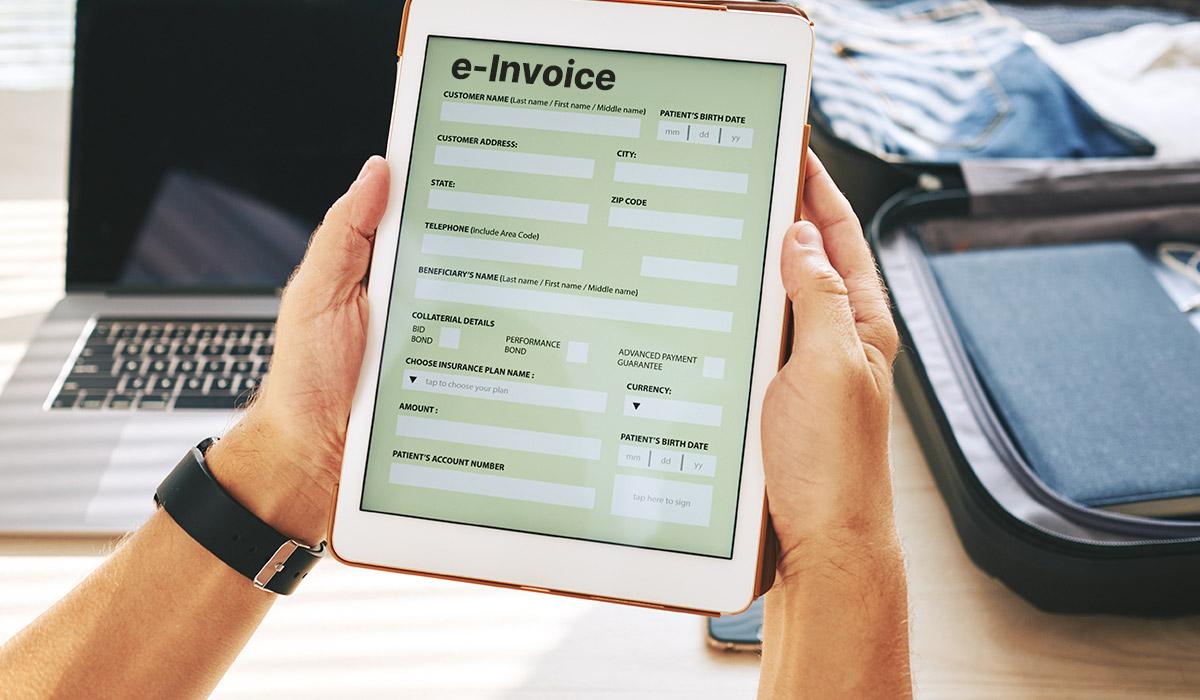Consolidated E-Invoice [Issue 2 of 2]
Transactions Requiring Individual E-Invoices
Despite the flexibility offered by consolidated e-Invoices, some activities still mandate the issuance of individual e-Invoices for each transaction. In these instances, consolidation is not allowed, and suppliers must adhere to the e-Invoice requirement on a per-transaction basis. This ensures transparency and accuracy for specific sectors and transaction types.
The activities or transactions of industries where e-Invoice is required to be issued for each transaction are as follows:
No | Industry / Activity | Types of Activities / Transactions Where Consolidated e-Invoice is Not Allowed |
1 | Automotive | Sale of any motor vehicle (including trailers) |
2 | Aviation | – Sale of flight tickets |
3 | Luxury Goods and Jewellery | Details to be announced later (Consolidated e-Invoice issuance on hold; allowed unless requested otherwise by buyers) |
4 | Construction | Construction contractors as defined under the Income Tax (Construction Contracts) Regulations 2007 |
5 | Wholesalers and Retailers of Construction Materials | Sale of construction materials, regardless of volume (as defined under the Fourth Schedule of Lembaga Pembangunan Industri Pembinaan Malaysia Act 1994) |
6 | Licensed Betting and Gaming | Pay-outs to winners for all betting and gaming activities (Casino and gaming machine pay-outs exempted from e-Invoice until further notice) |
7 | Payments to Agents / Dealers / Distributors | Payments made to agents, dealers, or distributors (as defined under Section 83A(4) of the Income Tax Act 1967) |
Conclusion
While consolidated e-Invoices offer a streamlined process for many businesses, some industries and transaction types require the issuance of individual e-Invoices to maintain regulatory compliance, transparency, and accuracy. By adhering to these specific requirements, businesses can ensure that their invoicing practices align with legal standards and support the integrity of their financial reporting.














